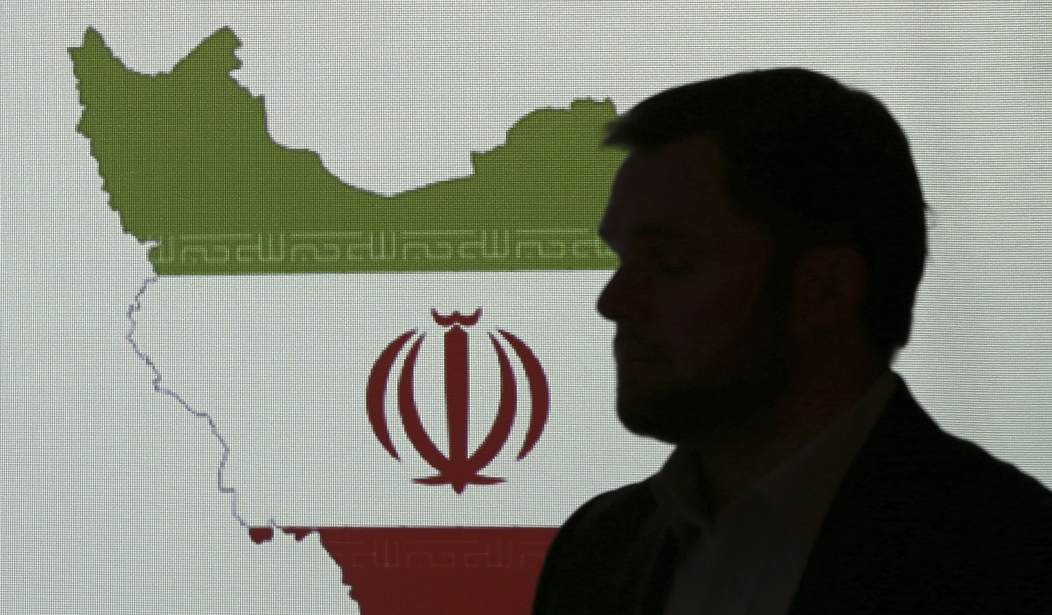The Trump campaign said on Saturday that it was the victim of a serious security breach after a 271-page research dossier vetting eventual vice presidential candidate J.D. Vance was sent to Politico and other news organizations.
“These documents were obtained illegally from foreign sources hostile to the United States, intended to interfere with the 2024 election and sow chaos throughout our Democratic process,” Cheung said. “On Friday, a new report from Microsoft found that Iranian hackers broke into the account of a ‘high ranking official’ on the U.S. presidential campaign in June 2024, which coincides with the close timing of President Trump’s selection of a vice presidential nominee.”
The timing of the hack — July before the convention — suggests it was when Trump was in the process of choosing Vance as his running mate.
On July 22, POLITICO began receiving emails from an anonymous account. Over the course of the past few weeks, the person — who used an AOL email account and identified themselves only as “Robert” — relayed what appeared to be internal communications from a senior Trump campaign official. A research dossier the campaign had apparently done on Trump’s running mate, Ohio Sen. JD Vance, which was dated Feb. 23, was included in the documents. The documents are authentic, according to two people familiar with them and granted anonymity to describe internal communications. One of the people described the dossier as a preliminary version of Vance’s vetting file.
The Iran angle is presumed, not confirmed. Microsoft reported on Friday that "a group run by Iran’s Islamic Revolutionary Guard Corps had compromised the email account of a former adviser to a U.S. presidential campaign and used that address in June to contact a senior official who was still engaged in the campaign," according to the Washington Post.
The Trump campaign said they were aware of an email security breach earlier this summer but didn't inform authorities. Instead, they took extraordinary precautions to guard against another hack.
Thomas Rid, professor of strategic studies at Johns Hopkins University, calls the leaks from campaigns the "white whale" of foreign intelligence operations. "Close observers in the intelligence community and beyond have long been waiting for another sighting of that elusive beast: potentially highly impactful, deceptive, perhaps with forgeries slipped into genuine leaked material, with real news value, hard to counter,” he said. Rid added that this didbn't appear to be the case with the Trump hack.
“Someone is running the 2016 playbook,” Chris Krebs, a cybersecurity expert who ran the cyber wing of the Department of Homeland Security during the Trump administration. Russian hackers stole thousands of pages of documents from the Democratic National Committee and the Hillary Clinton campaign and gave them to Wikileaks. Many of the documents were subsequently posted online.
Krebs says voters should expect more efforts to “stoke fires in society and go after election systems.' Because 95% of ballots cast in the U.S. have a paper backup and other auditing procedures, it is difficult to "hack" the election.
“But the chaos is the point,” Krebs said.
Since most of the Vance vetting dossier was from publicly available information, there's bound to be limited damage from the hack. That doesn't minimize the import of the breach, but it should force those responsible for online security in both campaigns to redouble their efforts to safeguard information.









Join the conversation as a VIP Member